|
In recent weeks, the pandemic has led to increased vulnerability in the food supply chain, particularly as the FDA has relaxed certain standards and reduced inspections, and large numbers of sickened workers at Smithfield have forced the closure of one of the company’s largest pork production plants. Even before the pandemic, food traceability was a growing concern for consumers who care about where their food is coming from. As operators monitor changes to their food supply – both now and into our eventual recovery – technology will provide critical support. Mobile traceability tools, in particular, have the potential to fill some of the existing gaps in the supply chain, especially on farms, boats and other links in the chain where traceability tools haven’t been as widespread or easily deployed. You can believe that consumers will care even more about the origins of their food when this crisis is behind us. Read more in Food Navigator. (https://buff.ly/2KbIPca )
It’s ironic but true: Amid the ongoing demand for fresh, whole, natural foods, there is also growing acceptance of food that exists only with the help of technology. According to Ketchum's 2019 Food Tech Consumer Perception Study, 77 percent of Gen Z respondents – those born between 1995 and 2010 – were generally most comfortable with tech-assisted foods. But other generations indicated acceptance of these foods as well: 67 percent of millennials, 58 percent of Gen Xers and 58 percent of baby boomers said they were willing to try tech-assisted foods. So whether it’s lab-grown animal protein or genetically modified foods, up-and-coming foods that are available through the help of technology may be increasingly welcome on your menu in the coming months.
When you hear the terms “crops” and “climate change” in the same sentence, it’s generally not good news. But perhaps for that reason, entrepreneurs are developing tech to change it. Keep your eye on Calyxt, a company that, the Spoon reports, uses a higher-tech, more efficient form of genetic modification called CRISPR, to improve the nutrition and pest-resistance of crops, while also making them grow faster and bigger as climate change becomes a more significant challenge for producers. Calyxt, whose parent company is the French pharmaceutical company Cellectis, has developed a soybean with fewer unhealthy fats and is now working on a high-fiber wheat.
|
Subscribe to our newsletterArchives
April 2024
Categories
All
|
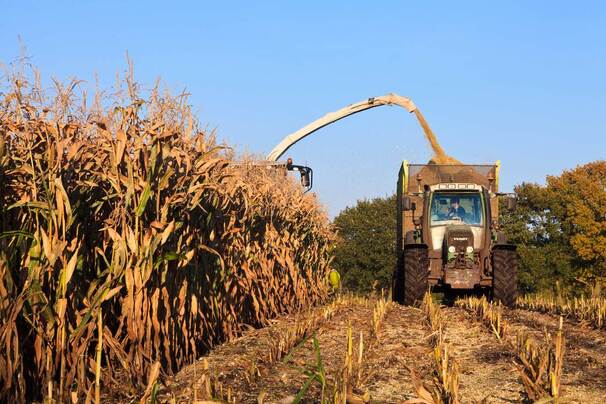
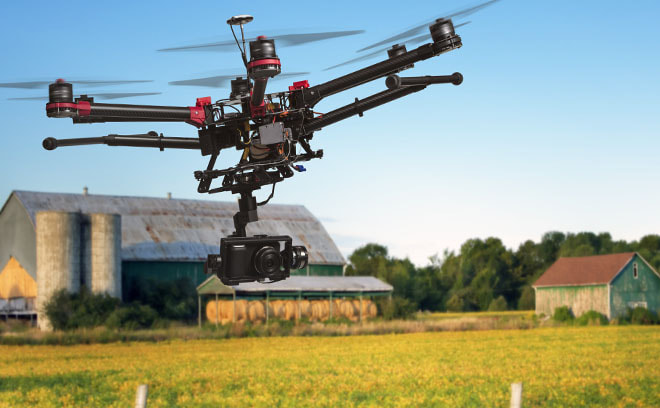
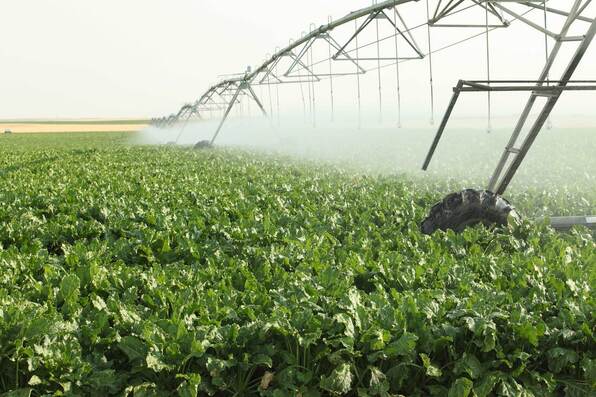
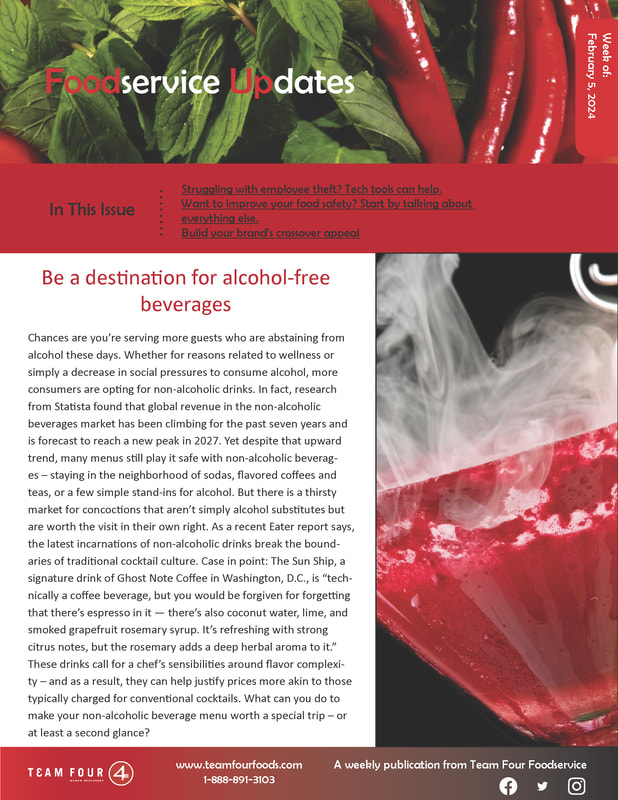

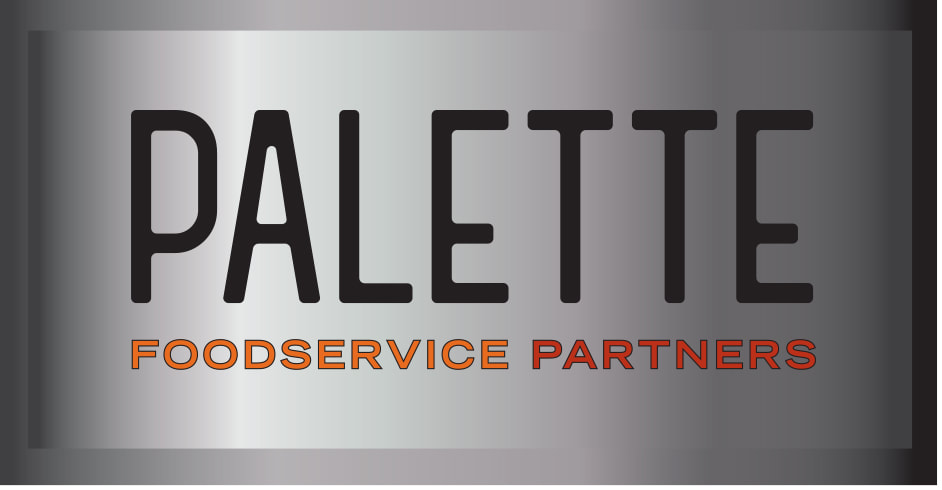
 RSS Feed
RSS Feed